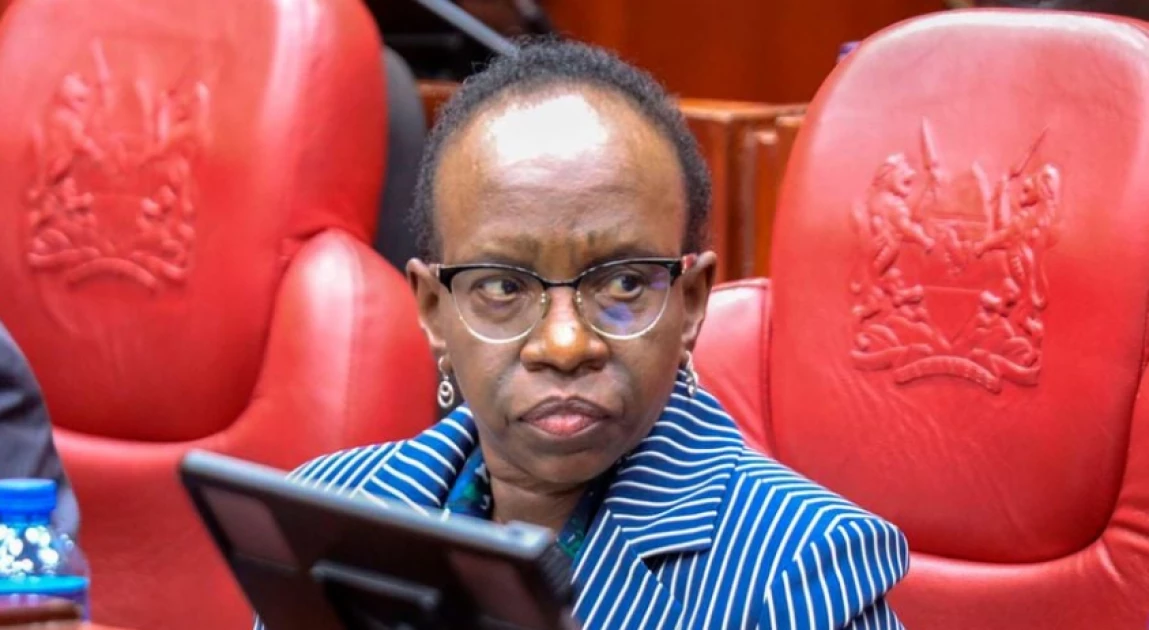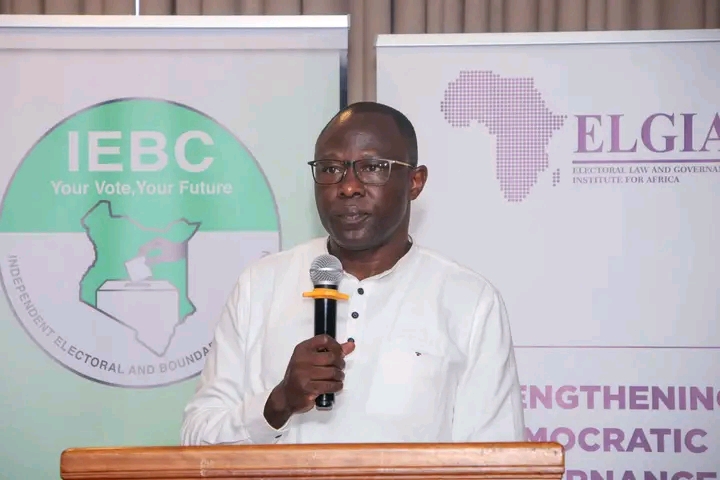Auditor General Uncovers Massive Underfunding and Ghost Schools in Education Sector
A special audit by the Auditor General has exposed a Ksh.117 billion funding shortfall in Kenya’s public schools. The report also revealed billions lost to ghost schools and flawed data in the NEMIS system. Lawmakers are demanding urgent accountability from the Ministry of Education.
Education Funding Crisis: Auditor General: Schools are underfunded Special report shows schools have a funding gap of Ksh 117B Auditor General raises red flag over ghost public schools #CitizenBriefs
Posted by Citizen TV Kenya on Tuesday, July 15, 2025
The public education sector in Kenya is facing a staggering financial crisis, with a new special audit report by the Auditor General exposing systematic underfunding, mismanagement of capitation funds, and the existence of "ghost schools" that received billions of shillings despite not being operational.
Tabled before the Public Accounts Committee (PAC) of the National Assembly, the report lays bare the extent to which the Ministry of Education has fallen short in supporting basic education. Covering the period between the 2021 and 2024 financial years, Auditor General Nancy Gathungu’s findings reveal that public schools were underfunded by a whopping Ksh.117 billion. Secondary schools were the most affected, missing out on Ksh.71 billion, while junior secondary and primary schools were shortchanged by Ksh.39.9 billion and Ksh.14 billion respectively.
Appearing before the committee chaired by Butere MP Tindi Mwale, Director of Audit Justus Okumu said the underfunding has left schools struggling to run operations. “The Ministry usually presents a budget, but what is finally disbursed is far less than what’s required. As a result, schools either delay or cancel critical programs, leading to growing debts and operational difficulties,” he noted.
The report also sharply criticizes the National Education Management Information System (NEMIS), accusing it of containing inconsistent and unreliable data that directly affects how resources are allocated. The system, which is supposed to guide disbursements based on student enrollment, showed discrepancies between the number of learners and actual classroom populations. This led to massive cases of both underfunding and overfunding.
According to the audit, 354 secondary schools received an excess of Ksh.3.5 billion, while 99 junior secondary schools were overfunded by Ksh.30.8 billion. Additionally, 270 primary schools got more than they deserved, with an over-allocation of Ksh.79.9 million. The total amount lost through overfunding came to a shocking Ksh.3.7 billion—resources that could have uplifted genuinely struggling schools.
However, the most disturbing findings centered on schools that received funds but did not exist at all. Of 83 institutions sampled in the audit, 14 schools received capitation funds totaling Ksh.16.6 billion, yet they could not be located in any official database. “These schools were not known to County Directors of Education, and no one could verify their operations,” Okumu disclosed to the committee. Further investigations found that six schools which had shut down years ago still received Ksh.889,348 in funding, while 13 schools were paid Ksh.11 million despite having incorrect names that did not match any NEMIS records.
This revelation provoked strong reactions from lawmakers, with Funyula MP Oundo Mudenyo blasting the Ministry over what he called "a historical injustice" caused by flawed data systems. “We want to know who authorized the transfer of money to these ghost schools. This is not just a technical issue—it’s fraud. Someone pressed the button, and we want answers,” Mudenyo said angrily.
Mudenyo further claimed that the NEMIS system had been weaponized to disadvantage certain regions, alleging that actual student numbers were often double what was captured in the system. "The very design of NEMIS disenfranchises some parts of this country. This is a calculated move that has deprived deserving children of their right to quality education," he said.
Committee Chair Tindi Mwale assured the members and the public that immediate action would be taken. He confirmed that the Ministry of Education will be summoned to appear before the committee to account for the discrepancies and irregularities. “This is a special report, and it will be given priority. We will summon the Principal Secretary and other officials to explain how these massive errors and losses occurred,” Mwale said.
The report has raised deep concerns about the integrity of Kenya’s education funding system and cast a shadow over the effectiveness of government oversight in one of the country’s most vital sectors. With billions lost and thousands of learners left underserved, the findings are expected to spark wider investigations and possible disciplinary action against implicated officers.
As the country grapples with a biting economic crunch and growing pressure to deliver quality education, the revelations in the Auditor General’s report point to a deeply broken system—one in urgent need of overhaul and accountability.













